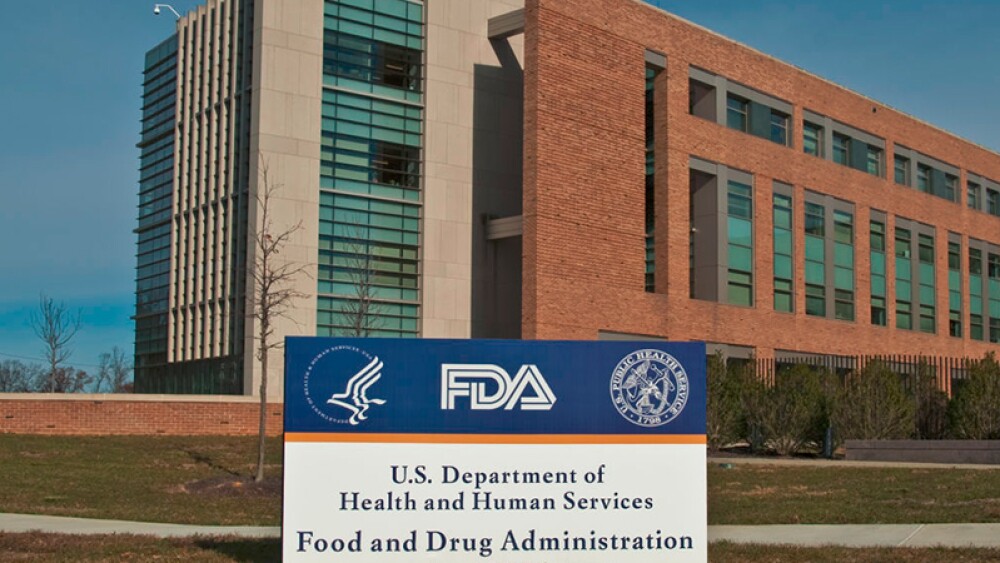October 12, 2016
By Mark Terry, BioSpace.com Breaking News Staff
Presently, under federal law, if a terminally ill patient cannot participate in a clinical trial, that patient can apply to the U.S. Food and Drug Administration (FDA) for its expanded access program. This is known as compassionate use.
At the moment, 33 states have Right to Try Laws, which go around the FDA. The 21st Century Cures Act was passed by the House of Representatives in 2015 and is being considered by the Senate. The bill does many things, including provide support for the President’s Precision Medicine Initiative and the Vice President’s Cancer Moonshot, but it also makes changes to the FDA’s approval process. And at least part of it involves changes to compassionate use tests, requiring that biopharma companies make their compassionate access policies obvious on their websites.
Avalere Health evaluated this, pulling together the top 100 pharma and biotech companies based on market cap and tried to find their compassionate use webpages. They were only able to find 19.
It’s easy to understand why companies are reluctant to make patient access to experimental drugs difficult. First, experimental drugs are generally manufactured in limited amounts and are typically expensive. And second, if a patient receives the drug and has an unexpected adverse reaction, it can jeopardize the entire clinical development and approval process.
John Carroll, writing for Endpoints News, says, “Here’s the breakdown, and it’s not hard to understand. Big companies, defined as $10 billion-plus, were the most likely to have a compassionate use page, with about half offering something. For medium-sized companies ($1.5 billion to $10 billion) it was 14 percent. And in the under $1.5 billion range, where you’ll find the large majority of your typical biotech companies, it was 4 percent. Few of the companies that did post their policy were in complete compliance with the proposed law.”
The law could require that the companies post contact information for the manufacturer or distributor for requests, procedures for the requests, and the general criteria needed for approval, and the length of time it would take to acknowledge receipt of requests.
This is at least somewhat consistent with patient advocacy groups that have criticized drug companies, saying they make it too difficult to get their drugs. It’s a fairly interesting criticism—demanding a company give or sell a product that is not approved for use and is not on the market anyway.
A lot of the criticism is aimed at the FDA, while others say the companies are the final gatekeepers. Ed Silverman, writing for STAT, “As a result, the Avalere findings should be seen as a reason to pressure the pharmaceutical industry to do more to disclose policies toward compassionate use, even if a company’s official position is not to agree to make medicines available, according to Art Caplan, who heads the division of bioethics at the New York University Langone Medical Center.”
Caplan told Silverman, “This ought to make it clear that the FDA role is utterly secondary and corporate decision-making is the driver and primary actor in giving access to investigational products. The FDA doesn’t get involved until a company has made a decision about granting access. And if a company doesn’t have a policy on its web site, it’s a huge obstacle to patients and doctors more than anything else.”
Since the STAT article originally ran, Naomi Lopez Bauman, the health care policy director for the Goldwater Institute, a conservative think tank that has written several Right to Try laws, responded, saying, “While we encourage companies to make their compassionate use policies public, we believe that the most important first step to creating a transparent compassionate use system is for the FDA to make the decision process for deciding who gets access to potentially life-saving treatments and who does not. The FDA should clearly state in policy how adverse events under compassionate use will affect the ongoing clinical trial process for companies.”
As of September 20, 2016, the 21st Century Cures Act had been pushed back by Congress once again, presumably to the lame duck session after the U.S. presidential election in November.
The Hill writes, “Lobbyists said there was simply too much work remaining for a deal to be reached in time to move the bill before the election and that election-year politics complicated the effort as well. … Finding a bipartisan agreement on billions of dollars in offsets has proven extremely difficult. Offsets used in the version of the bill that passed the House last year, which included selling oil from the Strategic Petroleum Reserve, were used up in other legislation later in the year. … Another complication for the bill is that the pharmaceutical lobby opposes a possible addition to the measure that would help pay for it. That measure is called the CREATES Act and is aimed at increasing competition from generic drugs by fighting a delaying tactic where brand-name companies withhold samples of their products needed in the regulatory approval process for generic drugs.”





